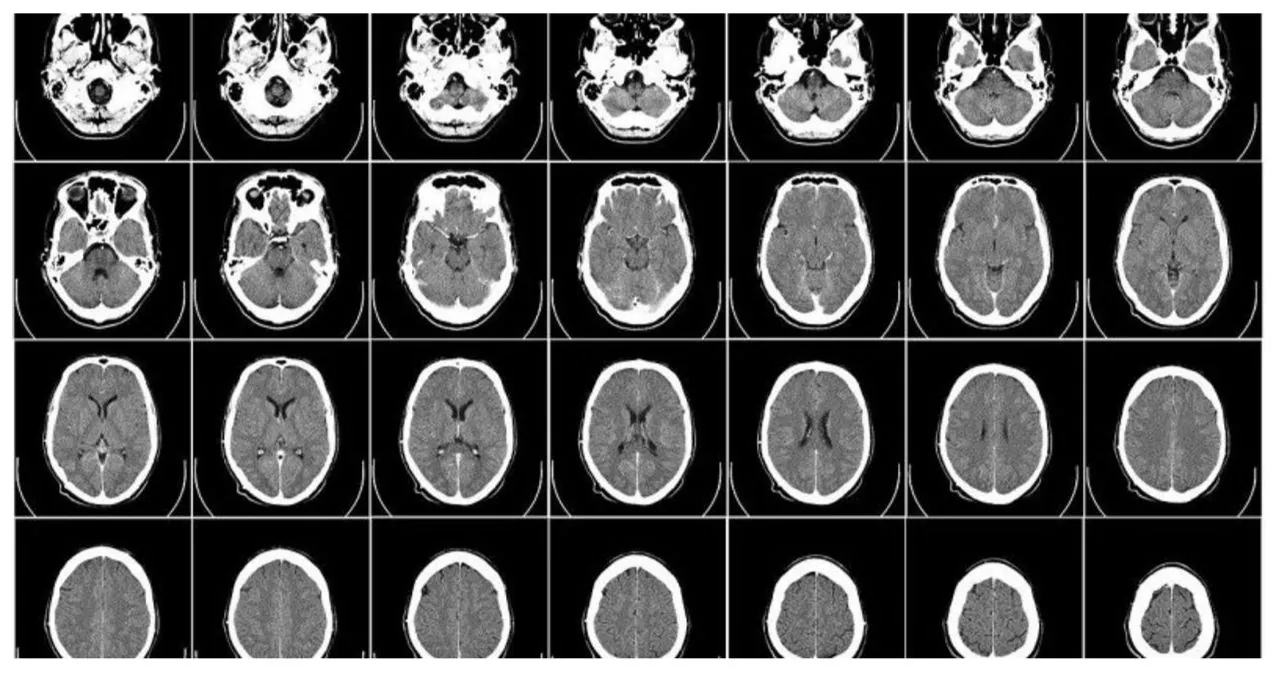CAR T therapy utilizes the incredible potential of the patient’s own immune system T-cells. These T-cells are modified to target and eliminate a specific protein present on cancer cells.
“We are thrilled by these findings and excited to proceed with our trial, as it will provide us with further insights into the impact of this dual-target CAR T cell therapy on a broader population of individuals with recurrent GBM,” expressed Dr. Donald O’Rourke, the researcher behind the technology at UPenn.
Glioblastomas, which are adult brain tumors, are both the most common and most aggressive forms. Unfortunately, the life expectancy for individuals diagnosed with glioblastomas is only 12 to 18 months.
Treatments such as surgery, radiation, and chemotherapy may temporarily eliminate the tumor. However, recurrence is common, and when it occurs, death usually follows within a year.
CAR T therapy has been effectively utilized in combatting blood malignancies for a considerable period of time. However, it has proven to be more challenging when it comes to treating solid tumors.
Dr. Stephen Bagley, the lead investigator, explained in a news release from UPenn that the challenge with GBM and other solid tumors lies in their tumor heterogeneity. This means that not all cells within a GBM tumor are the same or possess the same antigen that a CAR T cell is designed to target. He further emphasized that each person’s GBM is unique to them, making it possible for a treatment that works for one patient to be less effective for another.
Glioblastomas, according to him, are skilled at evading immune system cells, including the reprogrammed cells utilized in CAR T.
Bagley, an assistant professor of hematology-oncology and neurosurgery at UPenn, acknowledges that the primary obstacle lies in effectively targeting the tumor’s defenses to eradicate it.
In their recent study, Bagley, O’Rourke, and their team devised a new approach to minimize the tumor’s ability to evade treatment. They focused on targeting two specific proteins found on the tumor cells: Epidermal growth factor receptor (EGFR), which is believed to be present in approximately 60 percent of all glioblastomas, and interleukin-13 receptor alpha 2 (IL13Rα2), found in over 75% of these tumors.
In addition, they devised a method to ensure that the CAR T cells could specifically target the brain.
According to the researchers from UPenn, a subset of patients has shown sustained reductions even several months after undergoing the treatment.
CAR T therapy, like any other treatment, can come with side effects. One such side effect is neurotoxicity, where healthy brain cells can be affected. However, the researchers state that although neurotoxicity was observed in a significant manner, it was manageable for the patients.
The research results were recently published in the prestigious journal Nature Medicine on March 13th.

